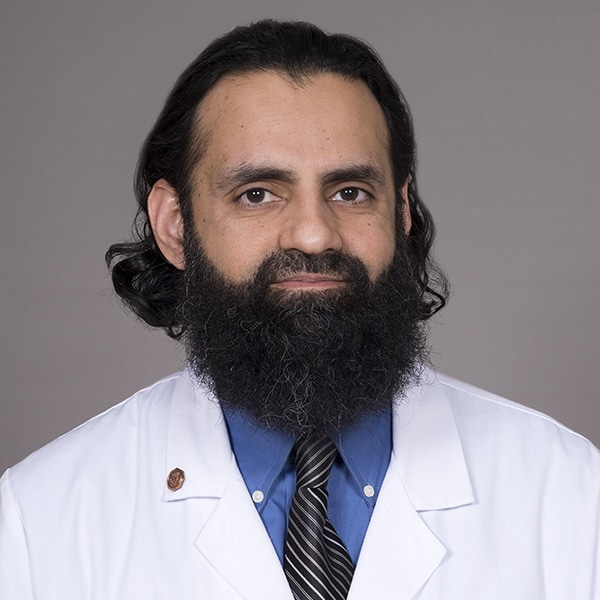
Our lungs are a vital organ and serve many purposes for our body, so we should be inclined to take care of our lungs as best we can. Despite knowing their function, many people still choose to participate in hobbies that are harmful to the lungs, such as using tobacco products.
Tobacco use is extremely common today, with an estimated 28.3 million U.S. adults using a tobacco product and 2.8 million U.S. middle and high school-aged children using tobacco products. The recent push of tobacco use and targeting of teenagers to use tobacco is why it is even more important for society to be knowledgeable of its harmful effects on the body.
Even though African Americans usually start using tobacco products later in life, they are more likely than other ethnic groups to have, and potentially die from, related health problems.
How Exactly Does Tobacco Affect Your Lungs?
Tobacco use may not instantly damage your lungs beyond repair. However, over time it breaks down our healthy lungs and makes them more susceptible to developing risk factors and disease. When cigarette smoke is inhaled, so are more than 7,000 chemicals. Many tobacco products, such as cigarettes, also contain carbon monoxide, which is an extremely harmful gas that displaces the oxygen in your blood.
Some of the most common diseases that tobacco use can lead to include:
- Chronic obstructive pulmonary disease (COPD): a group of lung diseases characterized by destruction of lung tissue and swelling of bronchial tubes. Cigarette smoking is the most common cause of COPD. It can lead to shortness of breath, decreased oxygen levels and high carbon dioxide levels in blood, decreased functional capacity, poor quality of life and if left untreated, death. COPD includes conditions like emphysema, chronic bronchitis and others.
- Lung cancer: Lung cancer occurs when smoke from cigarettes or other tobacco products causes abnormal cells to multiply in the lungs. Studies indicate that smokers are 20 times more likely to develop lung cancer than non-smokers. Close to 80% percent of lung cancer diagnosed is seen in current or former cigarette smokers. The risk of lung cancer remains high even years after quitting smoking.
- Heart disease: Smoking is a major cause of heart diseases and causes one in every four deaths from heart disease.
- Stroke: Smoking doubles your risk of stroke, according to the Centers for Disease Control and Prevention (CDC). Smoking increases blood pressure and reduces oxygen in the blood.
- Diabetes: Tobacco use is one cause of type 2 diabetes. According to the CDC, people who smoke are 30-40% more likely to develop type 2 diabetes than people who don’t smoke. People who smoke with diabetes are more likely to have issues with insulin dosing and managing their condition.
- Respiratory infections: Cigarette smokers are more prone to having respiratory infections such as bronchitis and pneumonia. Cigarette smoking also increases the risk of complications from respiratory infections. In people with asthma, cigarette smoking leads to more frequent symptoms and more severe attacks of asthma.
- Other respiratory cancers: Tobacco use not only affects the lungs but can also cause damage to the back of the tongue, the throat, the tonsils, the larynx (voice box), the trachea (windpipe) and the bronchus.
One of the factors that makes tobacco such a dangerous drug is how highly addictive it is. When using tobacco, the main ingredient, nicotine, gives users a temporary rush of adrenaline that many users crave. However, this rush is not worth the 6 million deaths caused by tobacco use per year.
As tobacco is the leading cause of preventable death in the U.S., the best thing to do is to not start using tobacco in the first place. If you are an active tobacco user, it is not too late to make healthy changes and take care of your lungs. Wanting to stop or cut down on tobacco use can be extremely hard if you are addicted, but there are ways to help cigarette smokers quit smoking. These methods include nicotine gums, patches, lozenges and pills. The harmful effects of tobacco use can linger for years after quitting, so the earlier you quit, the better.
It’s also important to be aware of the signs of serious lung conditions, such as COPD and lung cancer. You should visit a physician when you notice signs such as:
- Persistent chest pain
- Lingering or worsening cough
- Wheezing or shortness of breath
- Coughing up blood or excessive phlegm
- Loss of appetite and weight loss
To discuss your potential risk factors, talk with your primary care provider. If you need a primary care provider, call our primary care hotline at 502-588-4343 or visit UofLHealth.org. With more than 30 primary care offices across Louisville and surrounding areas, we can help find a location that best works for you.









